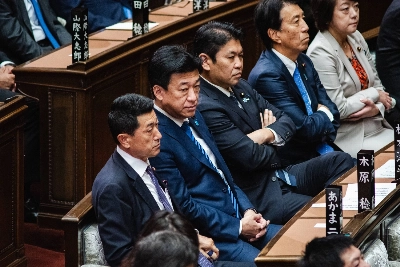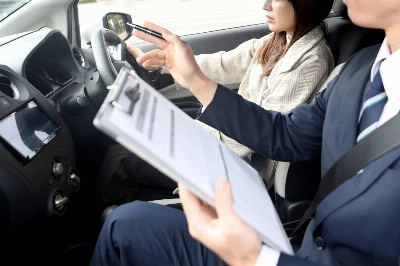The Doha Round of trade talks, launched in November 2001, has been a slow and bitter slog, with little cause for optimism. That is why news last week of a deal on inexpensive medicines raised such high hopes. The prospect of an agreement could restore momentum as World Trade Organization members head to their next ministerial meeting to be held this month in Cancun, Mexico. Yet initial hopes have been frustrated by reports that the WTO Executive Council has not approved the deal. Ongoing efforts, though, could resurrect the agreement by the time of the ministerial meeting.
The focus of the Doha Round of trade negotiations, unlike previous rounds, is supposed to be the needs of developing nations. In practical terms, that means the WTO will tackle two pressing issues: agricultural tariffs and trade plus access to inexpensive medicines. There has been some movement on the agriculture question, but it remains a formidable obstacle. It is too early to say whether the 146 WTO members can reach an agreement.
Pharmaceuticals are another matter, however. In over 30 countries, governments spend less than $2 per capita each year. Out-of-pocket payments, for medicines mostly, constitute up to 90 percent of all medical expenses. For billions of inhabitants of the planet, the situation is very simple: no cash, no cure.


















With your current subscription plan you can comment on stories. However, before writing your first comment, please create a display name in the Profile section of your subscriber account page.